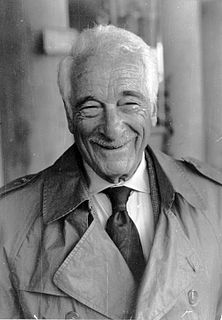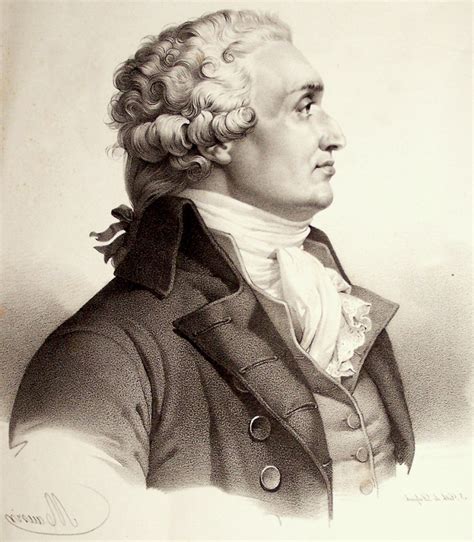A Quote by Edward Young
Horace appears in good humor while he censures, and therefore his censure has the more weight, as supposed to proceed from judgment and not from passion.
Related Quotes
We are deceived if we think that mind and judgment are two different matters: judgment is but the extent of the light of the mind. This light penetrates to the bottom of matters; it remarks all that can be remarked, and perceives what appears imperceptible. Therefore we must agree that it is the extent of the light in the mind that produces all the effects which we attribute to judgment.
All violation of established practice implies in its own nature a rejection of the common opinion, a defiance of common censure, and an appeal from general laws to private judgment: he, therefore, who differs form others without apparent advantage, ought not to be angry if his arrogance is punished with ridicule; if those whose example he superciliously overlooks, point him out to derision, and hoot him back again into the common road.
I'll think of something," he temporized, and Horace nodded wisely, satisfied that Halt would indeed think of something. In Horace's world, that was what Rangers did best, and the best thing a warrior apprentice could do was let the Ranger get on with thinking while a warrior took care of walloping anyone who needed to be walloped along the way. He settled back in the saddle, contented with his lot in life.
Bear with me on this, Evanlyn. I know you're anxious about Horace." WIll was a little puzzled by Halt's words. "No more anxious than the rest of us, surely," he said. Halt turned away and raised his eyebrows as his gaze met Selethen's. Sometimes, he thought, his former apprentice could be remarkably slow on the uptake. He saw the Arridi's slow nod of understanding. ~Halt & Will about Evanlyn and Horace
Halt regarded him. He loved Horace like a younger brother. Even like a second son, after Will. He admired his skill with a sword and his courage in battle. But sometimes, just sometimes, he felt an overwhelming desire to ram the young warrior's head against a convenient tree. "You have no sense of drama or symbolism, do you?" he asked. "Huh?" replied Horace, not quite understanding. Halt looked around for a convenient tree. Luckily for Horace, there were none in sight.
It was inevitable: Yankel fell in love with his never-wife. He would wake from sleep to miss the weight that never depressed the bed next to him, remember in earnest the weight of gestures she never made, long for the un-weight of her un-arm slung over his too-real chest, making his widower's rememberences that much more convincing and his pain that much more real.
One wonders why there are so many women who follow Robespierre to his home, to the Jacobins, to the Cordeliers and to the Convention. It is because the French Revolution is a religion and Robespierre is one of its sects. He is a priest with his flock... Robespierre preaches, Robespierre censures, he is furious, serious, melancholic and exalted with passion. He thunders against the rich and the great. He lives on little and has no physical needs. He has only one mission: to talk. And he talks all the time.
"The myths," says Horace in his Ars Poetica, "have been invented by wise men to strengthen the laws and teach moral truths." While Horace endeavored to make clear the very spirit and essence of the ancient myths, Euhemerus pretended, on the contrary, that "myths were the legendary history of kings and heroes, transformed into gods by the admiration of the nations." It is the latter method which was inferentially followed by Christians when they agreed upon the acceptation of euhemerized patriarchs, and mistook them for men who had really lived.
Let this point therefore stand: that those whom the Holy Spirit has inwardly taught truly rest upon Scripture, and that Scripture itself is self-authenticated. . . . Therefore, illumined by his power, we believe neither by our own nor by any one else's judgment that Scripture is from God; but above human judgment we affirm with utter certainty (just as if we were gazing upon the majesty of God himself) that it has flowed to us from the very mouth of God by the ministry of men.
Humor and laughter are not necessarily the same thing. Humor permits us to see into life from a fresh and gracious perspective. We learn to take ourselves more lightly in the presence of good humor. Humor gives us the strength to bear what cannot be changed, and the sight to see the human under the pompous.





































